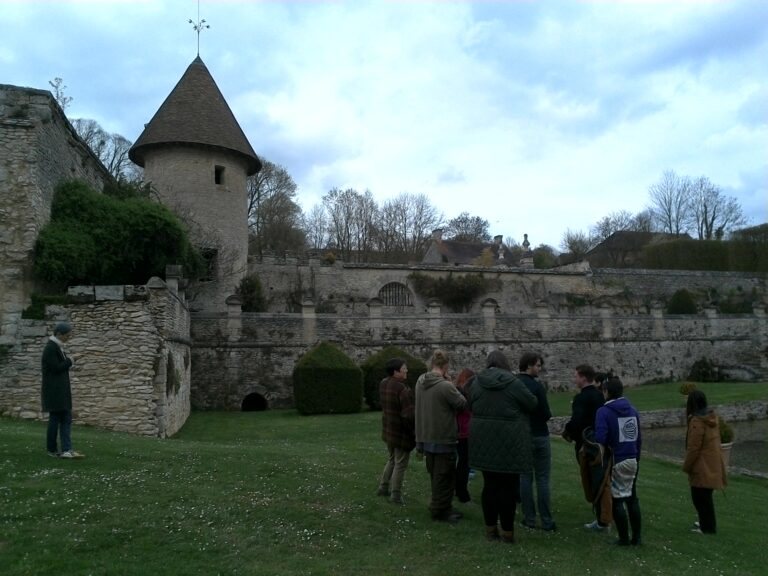In early April, the partners involved with the Erasmus-funded advocacy project, SALSIFI (Supporting Advanced Learning for Stakeholders Involved in Sustainable Food Systems Initiatives), met at the beautiful La Bergerie de Villarceaux, just outside of Paris. This training was an opportunity for partners to meet – for the first time! – and share their insight and ideas regarding several outputs in the project, particularly the planned e-learning modules. The idyllic setting provided a rich and peaceful environment for rigorous and productive progress.
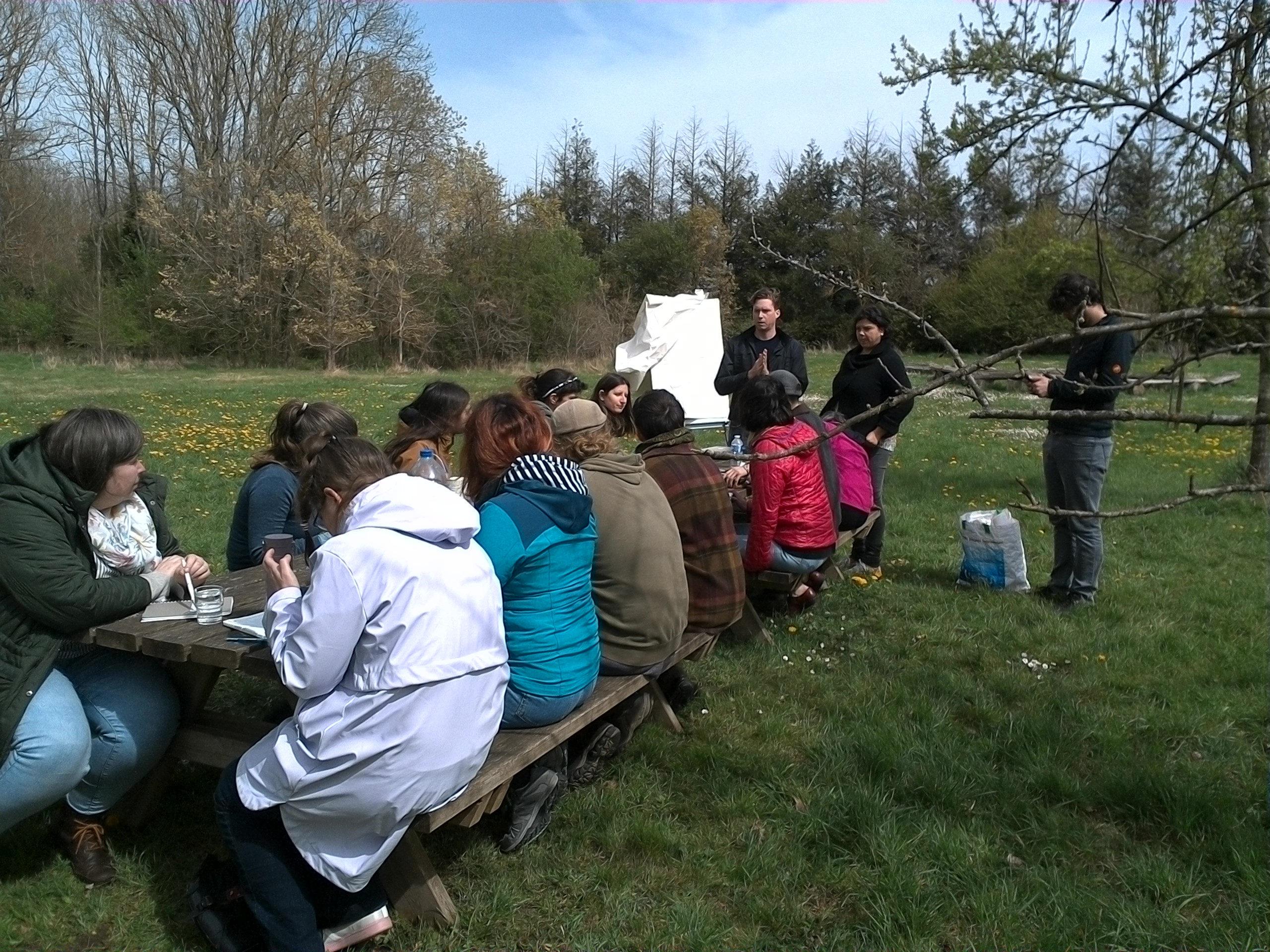
At the heart of the SALSIFI project is a mission to support the transition and transformation from industrial production to sustainable and small-scale agricultural production. The core argument of the SALSIFI project is that local governments are in a key position to initiate and articulate a transition to sustainable food systems at the territorial level. The central goal of the project is to develop and implement an innovative transnational education programme reinforcing the capacity of CSA networks and civil servants at the local, regional, national, and EU levels to engage in collaborative public food policy-making processes.
The SALSIFI project is designed around three intellectual outputs, one of which is an innovative training programme designed to support and amplify the capacity of local advocates and policymakers to influence the decisions making process around food policy. To this end, the SALSIFI partners are teaming up to develop four distinct e-learning modules, each of which addresses a different regional audience of civil society and advocates. The modules address audiences in the local setting, the national setting, the Eastern European setting, and at the EU institutional level. Each team is developing modules that build both hard and soft skills. Each module team is also responsible for developing a unique resource to use in their training, which will ultimately be a part of the CABBAGE (Capacity Building Agents) Training Basket (a collection of resources created to support advocates).
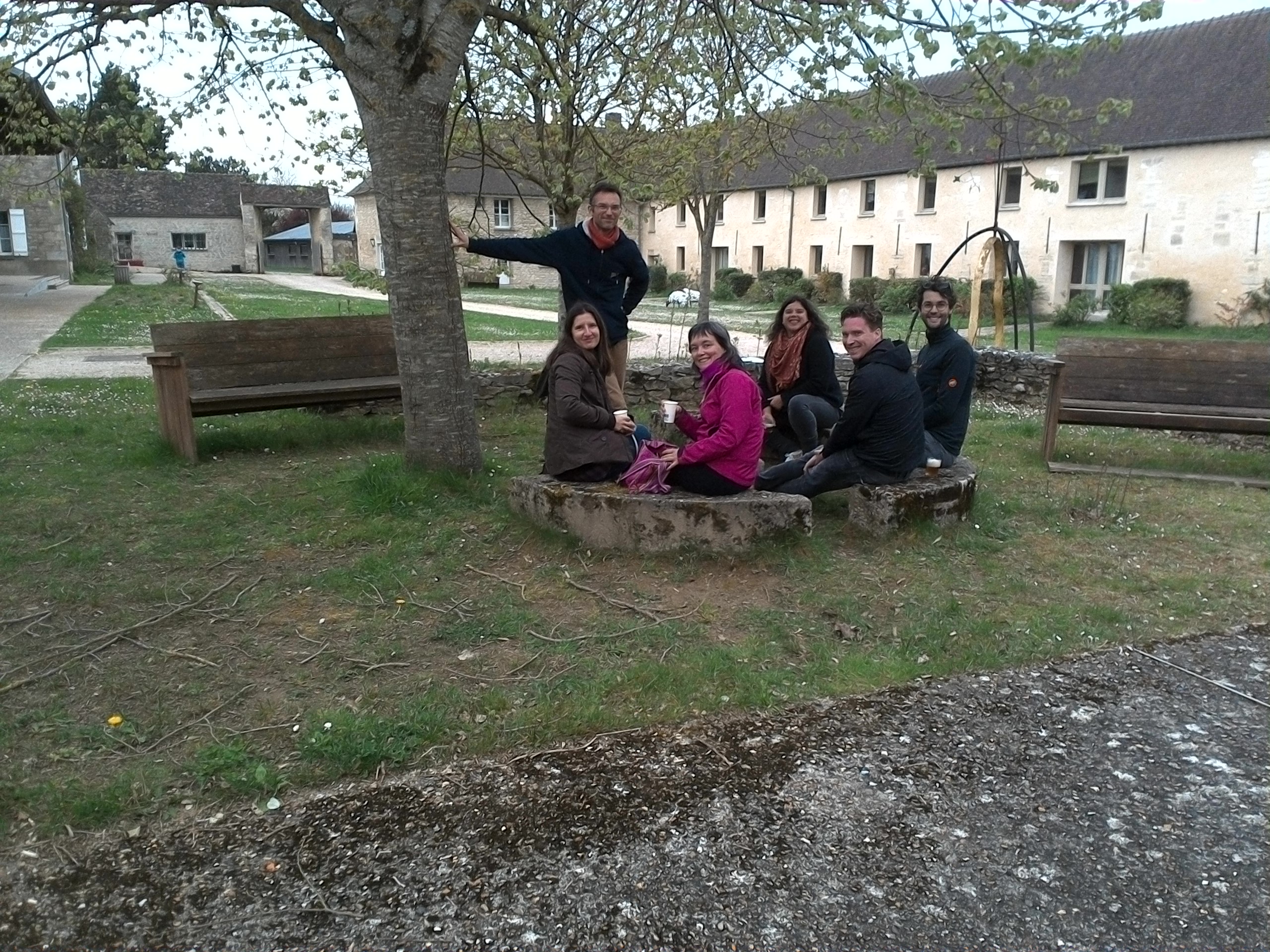
The module teams in Villarceaux spent a great deal of time brainstorming and fleshing out the content and deliverables for their modules. For example, partners identified soft skills like empathy, charisma, patience, and timing as essential for effective advocacy work.
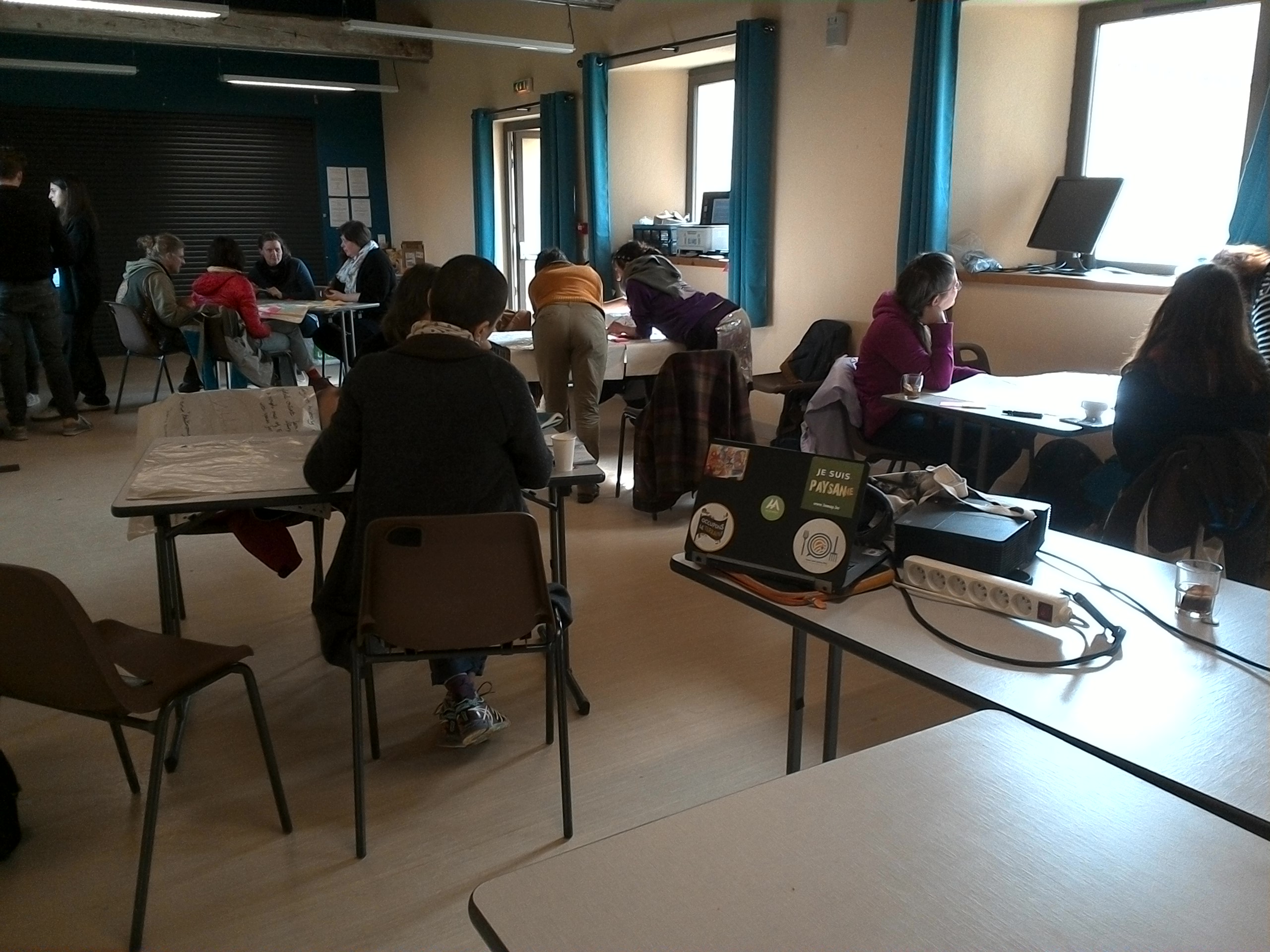
The project partners also realised the great deal of overlap in skills and knowledge in advocacy training and committed to sharing resources and experience.
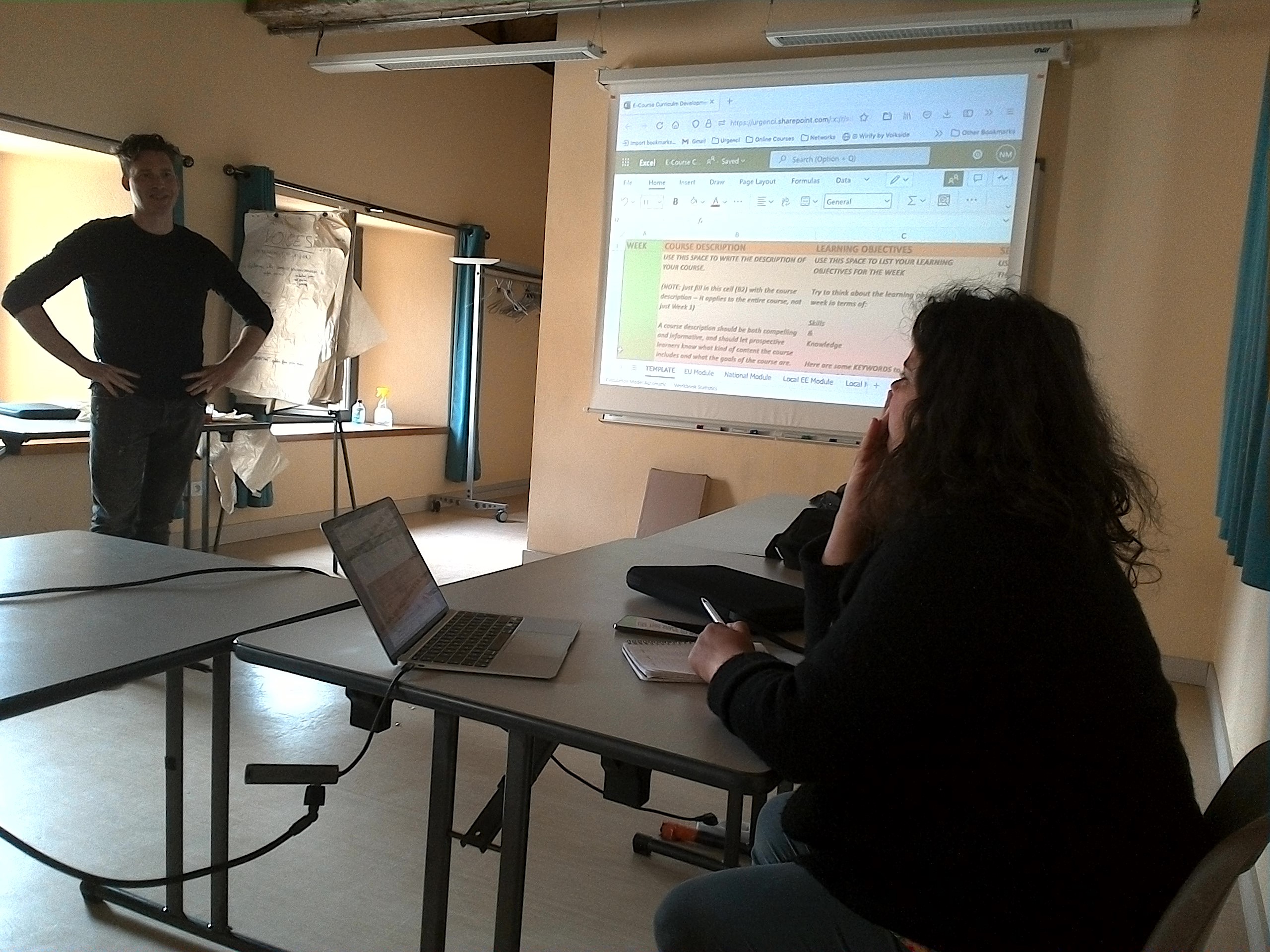
The module teams built skeletons of their e-learning courses, but also leveraged their wide networks and brainstormed an array of experts and experienced advocates who will help deliver their modules and participate in live sessions with learners.
The training mission of SALSIFI is about capacity building. The improvements in skills in non-formal education will invigorate the motivation and capacity of local stakeholders of LSPA and CSA initiatives and local governments.
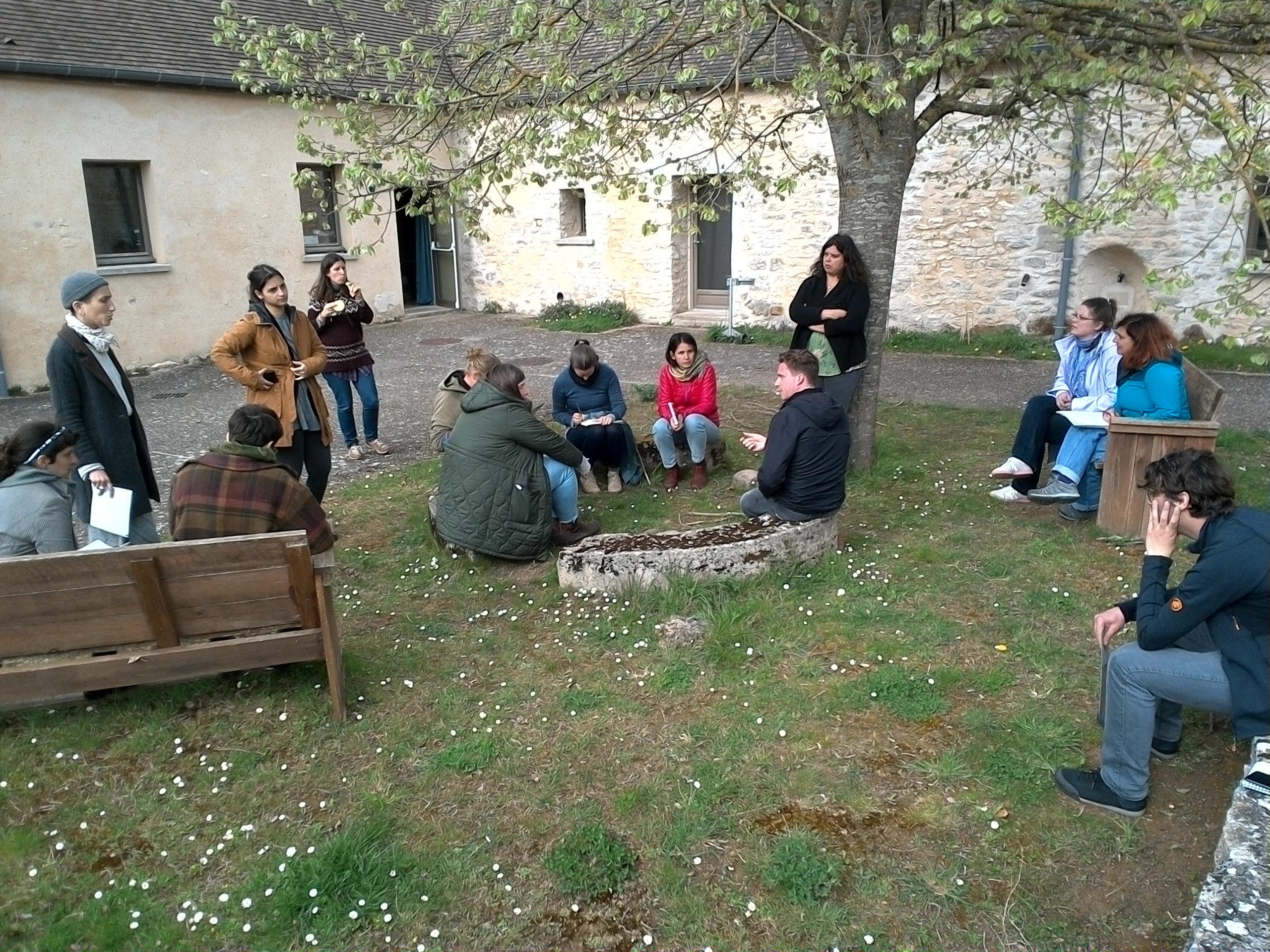
The teams took some well-deserved time out as well to explore the nearby castle, Château de Villarceaux.
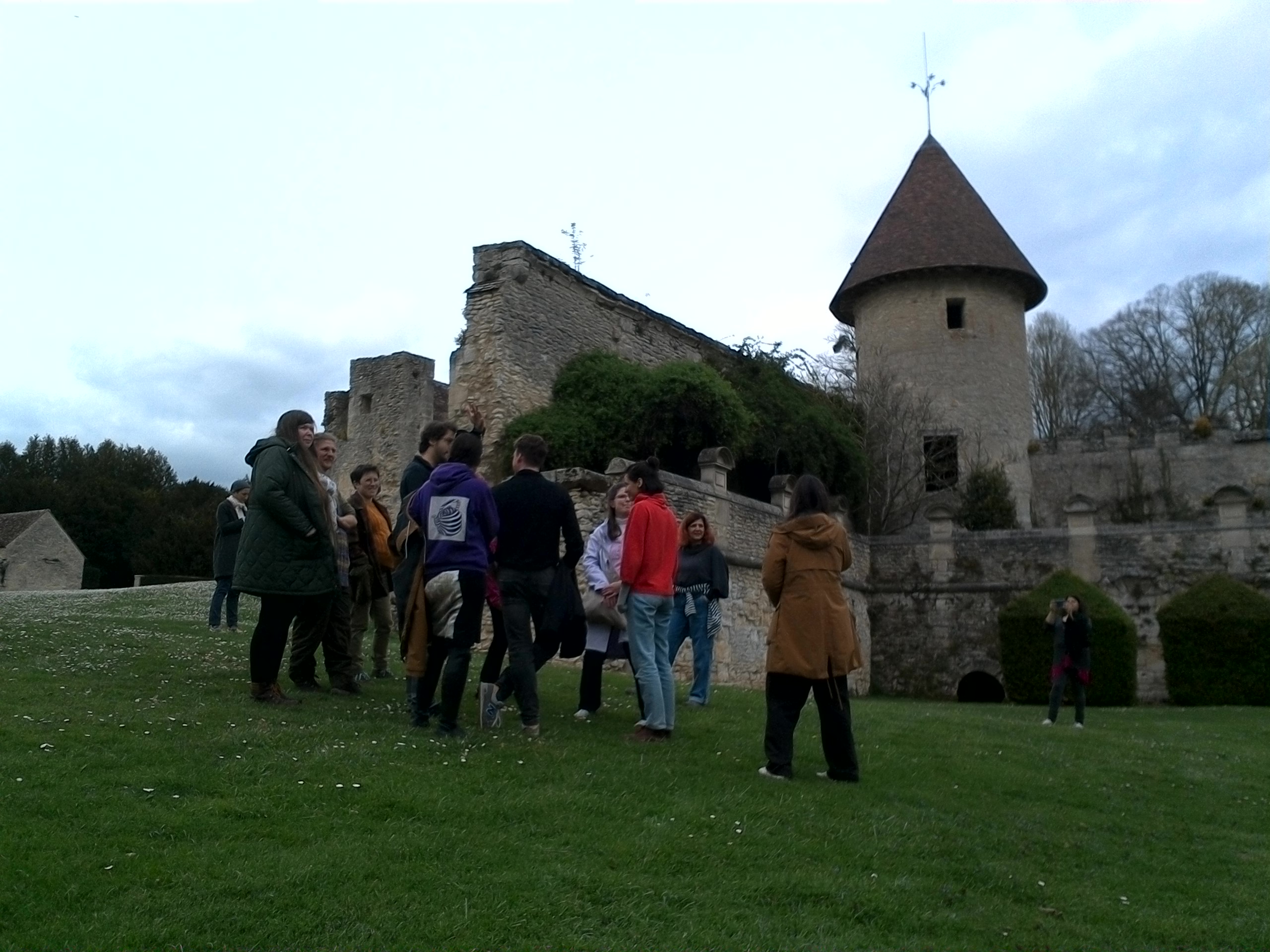
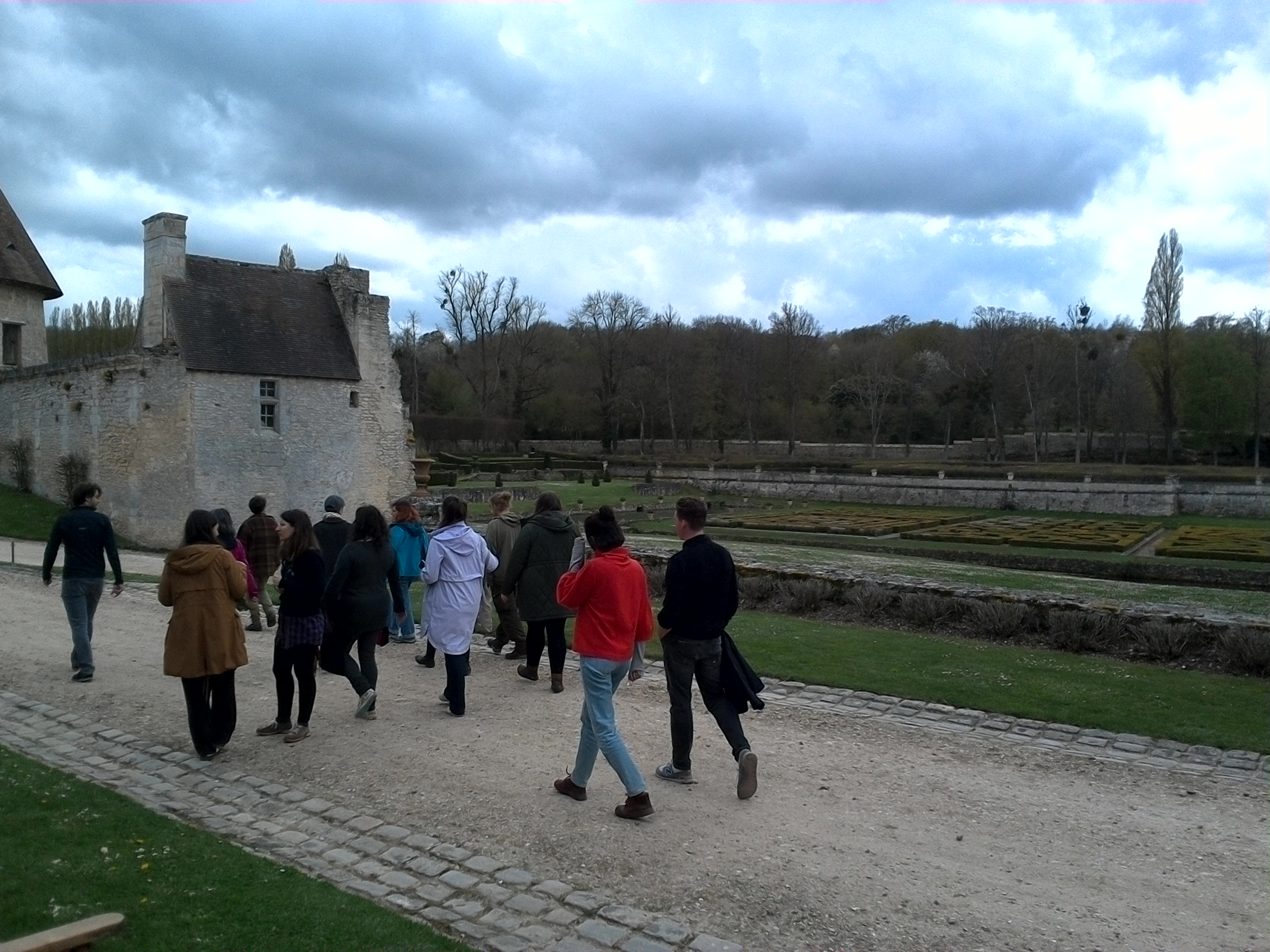
Upcoming Trainings
The URGENCI team distilled much of the module work from Villarceaux and formalized the efforts into viable curricula in advance of our upcoming project meetings in both Brussels (September 27-29) and Budapest (October 11-13). The two trainings will bring together the module teams, as well as a variety of experts, advocates, civil servants, policy makers, and conscious consumers. The purpose of these trainings is to advance and finalise the work of the e-learning curriculums. In this process, we will also invite participants to share experience and knowledge, contribute resources, and engage in discussions about advocacy in local, national, and regional spaces.

